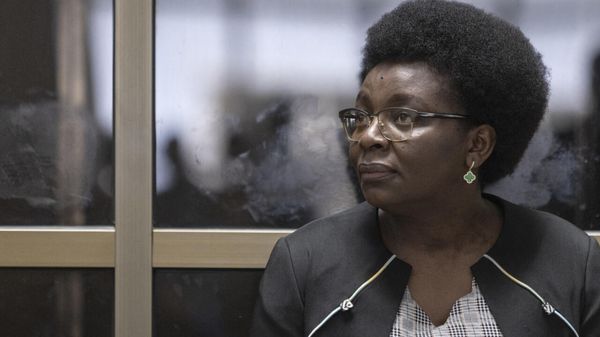
Meta quietly changed the default settings of every Instagram and Threads user last month to show less political content. Well, they tried to do it quietly — the update was quickly discovered and blasted as an attempt by the tech giant to censor important discussions and shaft news accounts. In the frenzied debate around whether this was right and instructions from publishers and commentators on how to change your settings back, another subtle change flew under the radar: Meta simultaneously expanded its definition of political content to include “social topics.”
What are “social topics”? Apparently, it’s anything that may “affect a group of people and/or society at large”. Which in my reading is almost everything.
Taken on its own, Meta forcing users to opt-in to political content recommendations is not necessarily a bad thing. As my friend and climate activist Lizzie Hedding put it (ironically, on Instagram): “a general cooling of our online discourse … is not, by default, a negative … Meta’s decision should force all of us … to examine how we make our own news and politics consumption impactful, intersectional and sustainable.” If this is an opportunity to rethink how we choose to be informed, we should take it.
But including social topics under that banner is more insidious. When it comes to advertising, Meta defines “social topics” as: civil and social rights, crime, economy, education, environmental politics, guns, health, immigration, political values and governance and security and foreign policy. If this definition is extended to everyday users, under Meta’s new policies, users should post about their lives and ideas… so long as we do not also connect these to the experiences of others, or the broader social context.
What does that mean for a vulnerable selfie of a young man who’s had a bad day? Totally fine. But writing a caption that encourages their male friends and family to discuss their mental health with loved ones? Not so fast. What if the poster’s mental health was impacted by the weight of geopolitical issues? Taboo and not fit to be algorithmically recommended.
The digital world Meta is pushing for is one of peak individualism, where the digital self exists in a silo – on display for others, but disconnected from them. A world where the personal and the political can somehow be separated from each other.
This is the opposite of what made Instagram and other digital platforms so popular in the first place. Before evolving into ad-supported entertainment channels, they were more like communities; spaces for people to share their lived experiences and connect with others, whether they knew each other in the offline world or not. Political discussions will inevitably arise anywhere that people talk about their lives with others, because “politics” influences every aspect of how we live. Finding common ground is natural, as is wanting to solve shared problems.
In the meantime, it feels like traditional media has increasingly amplified divisive rhetoric. Neoliberal thinking in policy-making has created a system where housing, education and health are priced like luxuries, and protest is policed like crime. Solidarity and collective action are essential to address these problems, and whether we like it or not, digital platforms have become an important part of solidarity-building outside of our immediate communities.
As a private corporation Meta is not obligated to care about any of this, of course. But the line between our online and offline worlds is already blurry and porous, and if you subscribe to Yanis Varoufakis’ theory of technofeudalism, the goal of the cloud capital giants is to shift as much of our lives as possible onto systems that they control. Setting rules that discourage people from connecting their experiences to any social context is just one step on this journey, but it’s the one we should be the most wary of. Groups working together achieve progress and individuals trying to make change alone are more easily held in place.
It’s one thing to want to take a break from #Auspol or the ubiquity of US politics in a presidential election year and to give users control over when they want to engage in discourse about policy (even if, for some, the answer is never). It’s quite another to try to brand “society at large” as a topic that is taboo to talk about.







